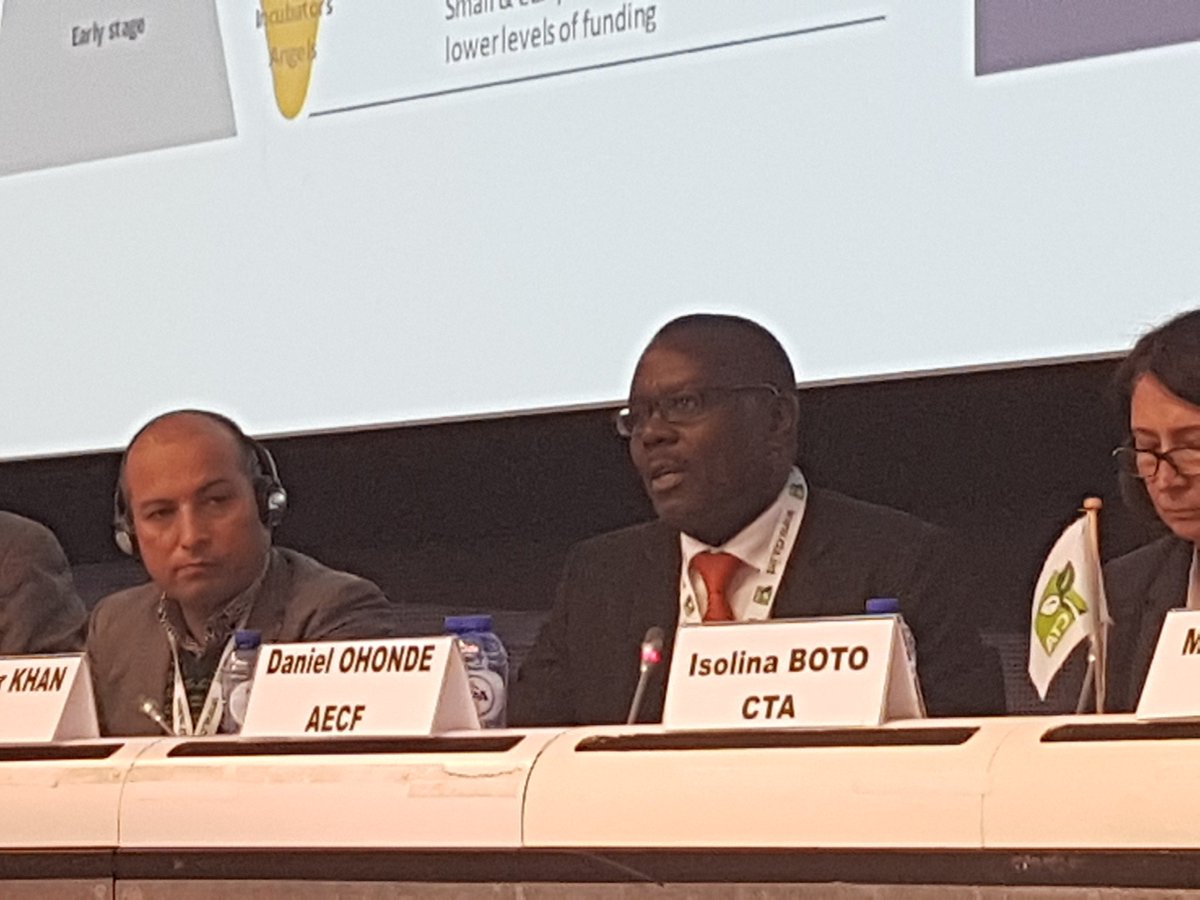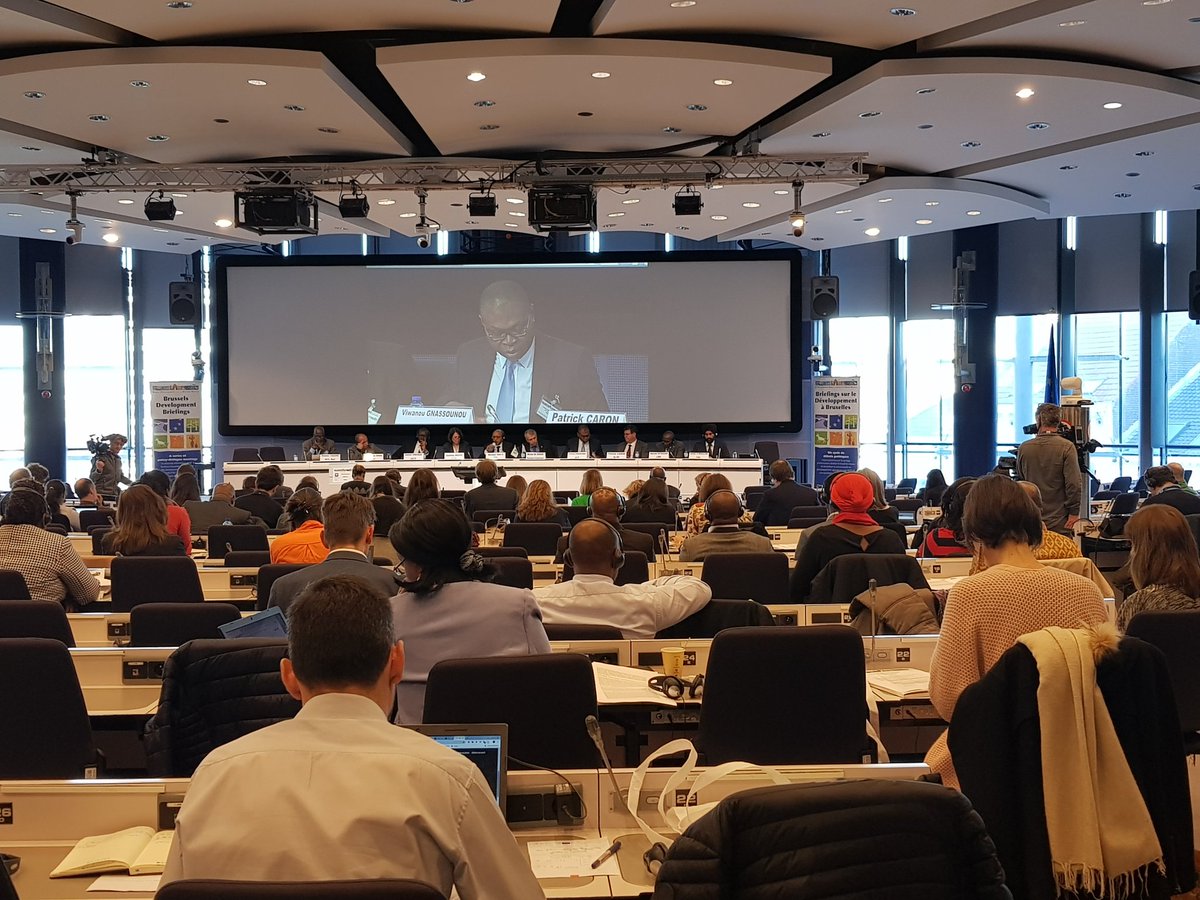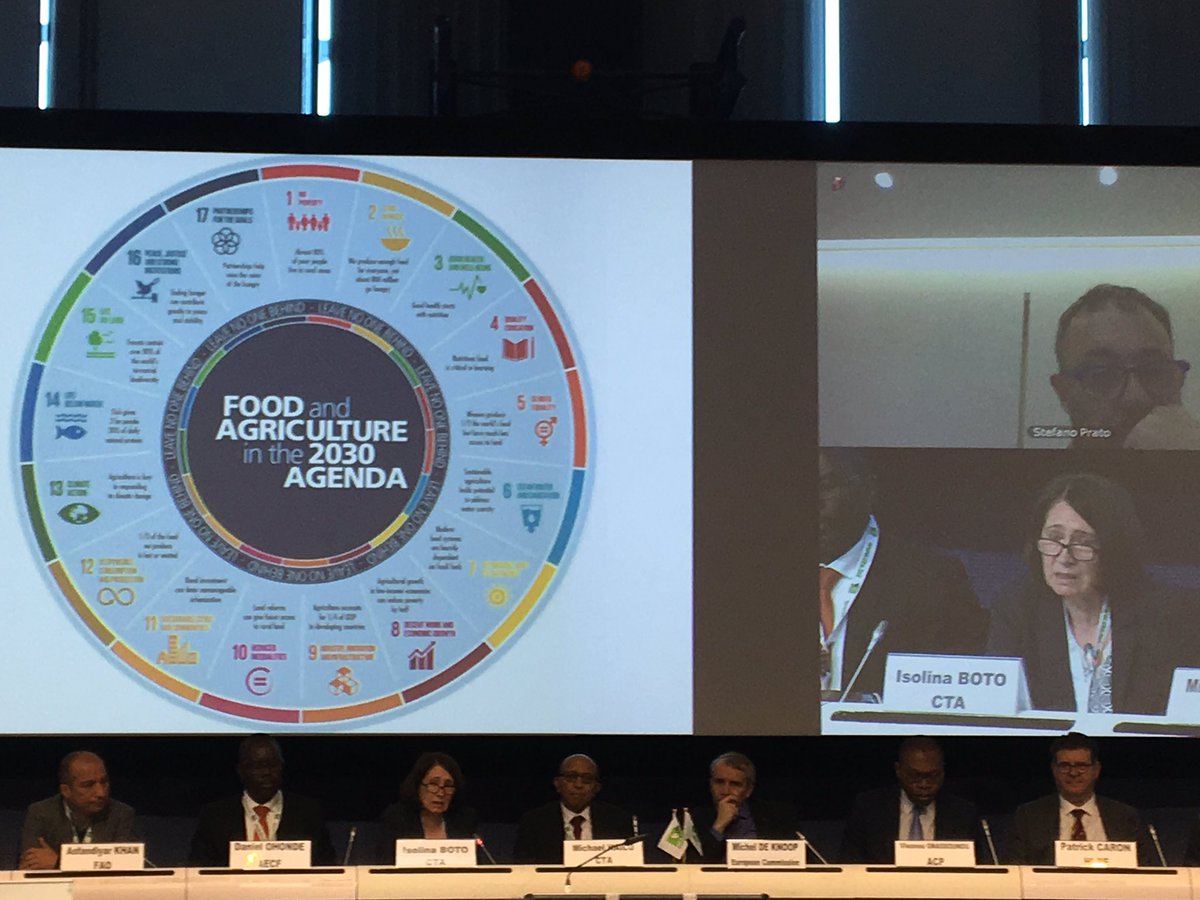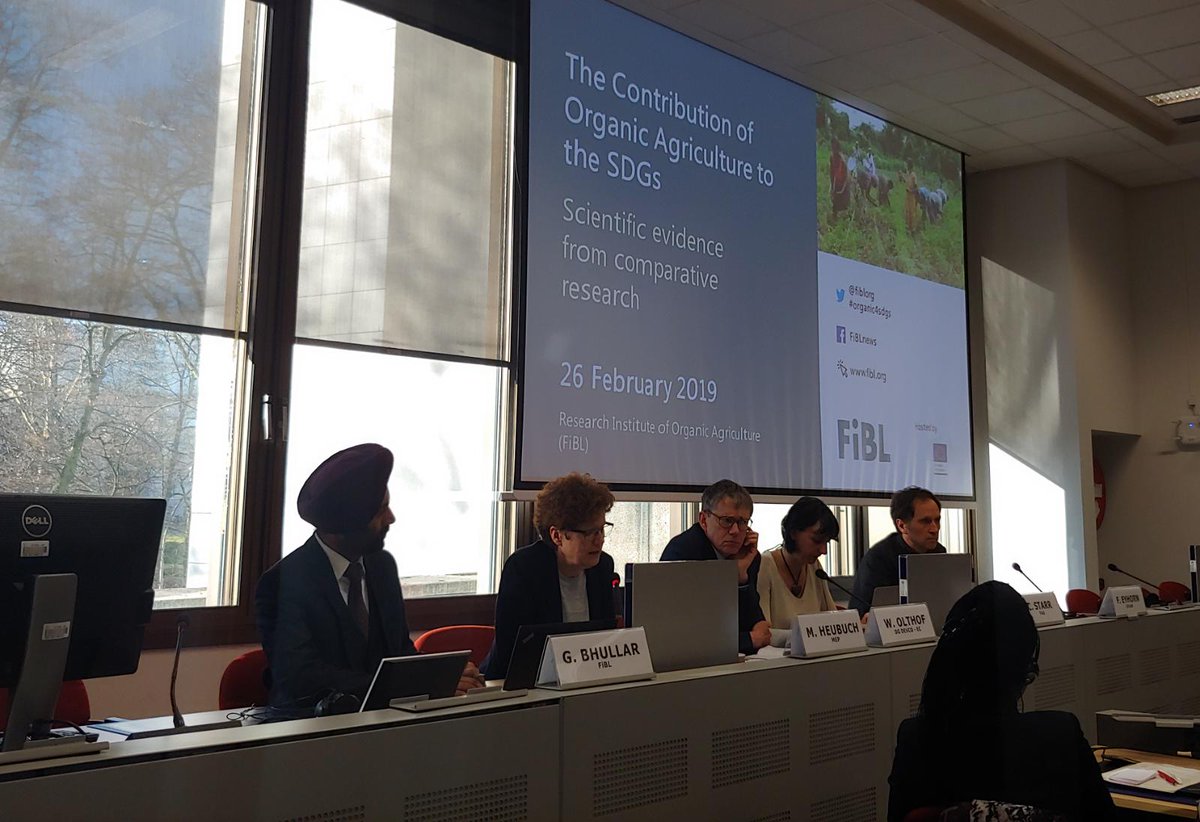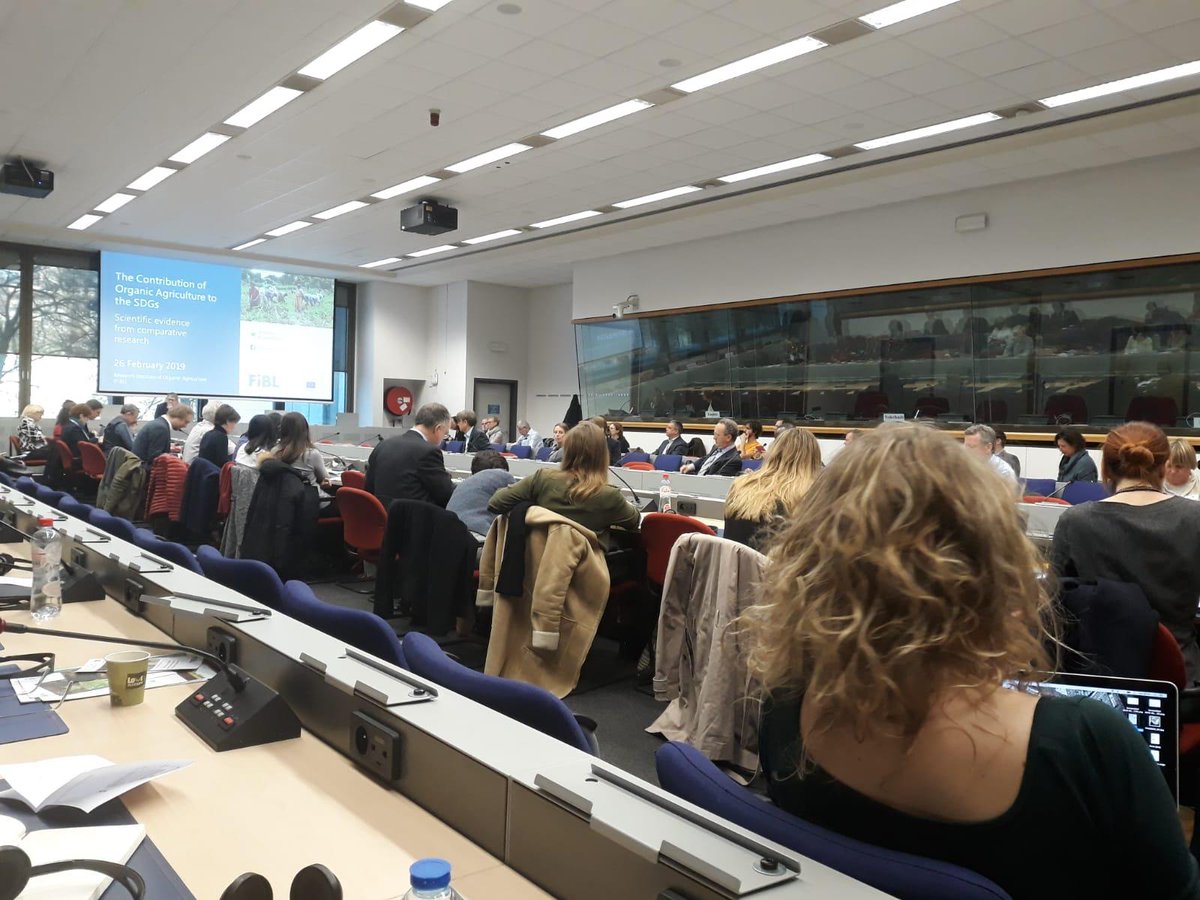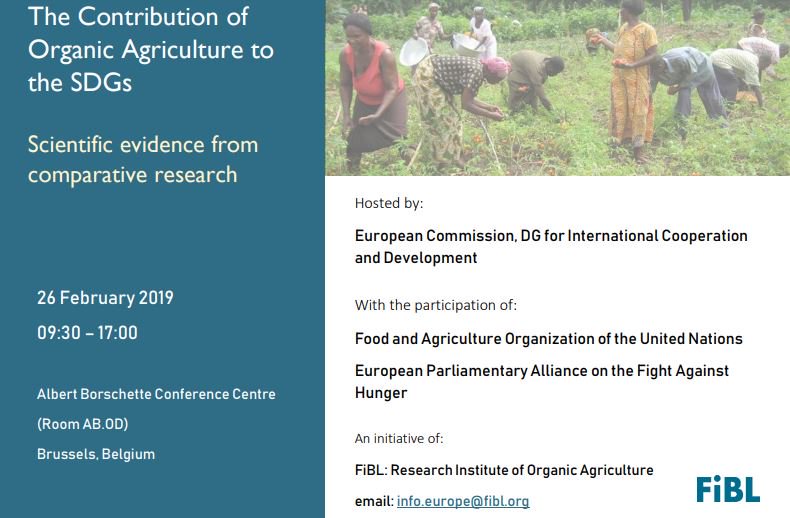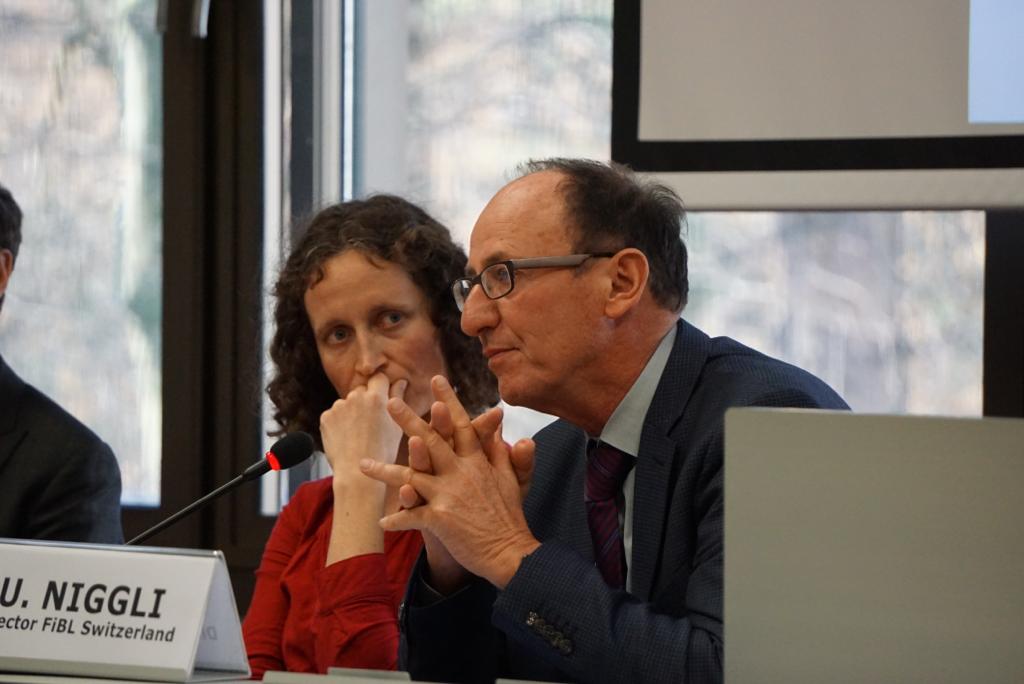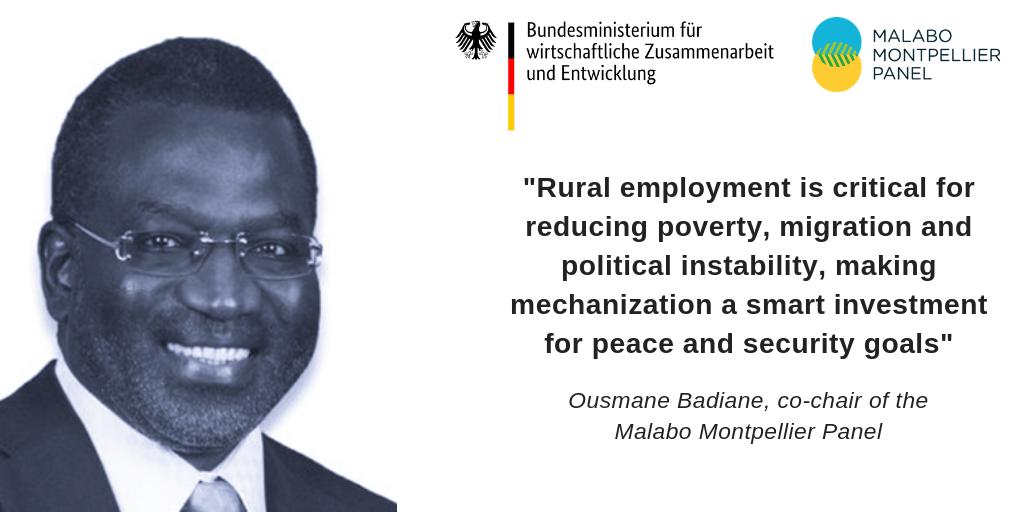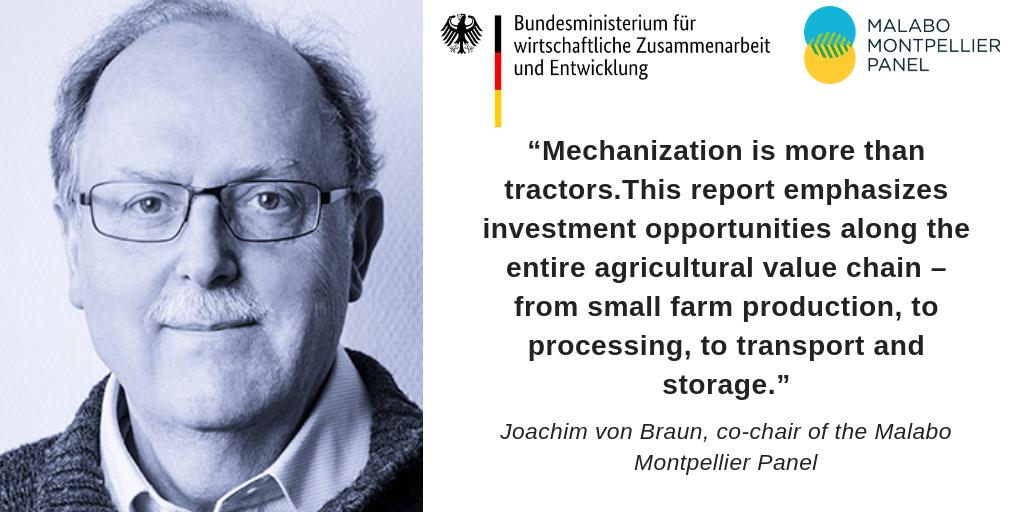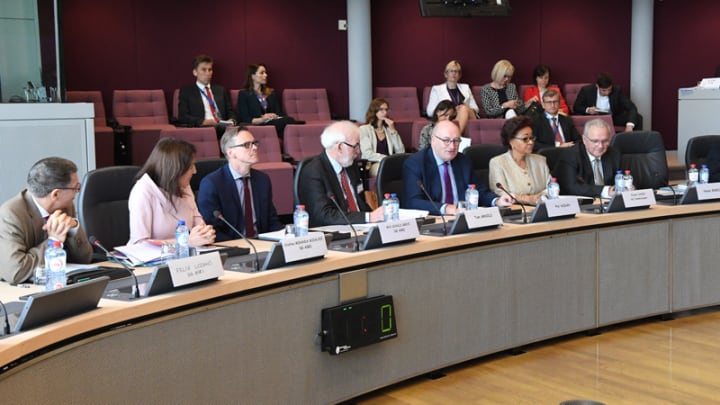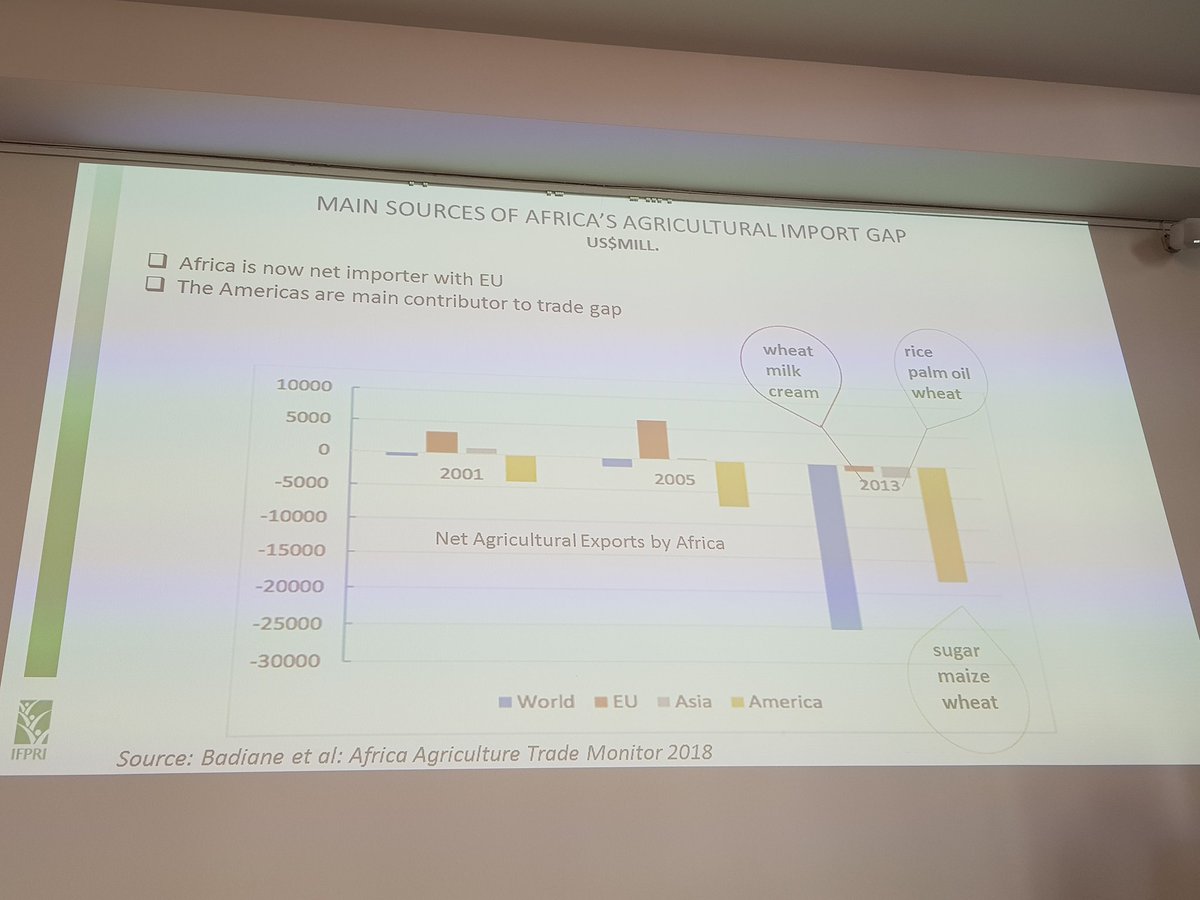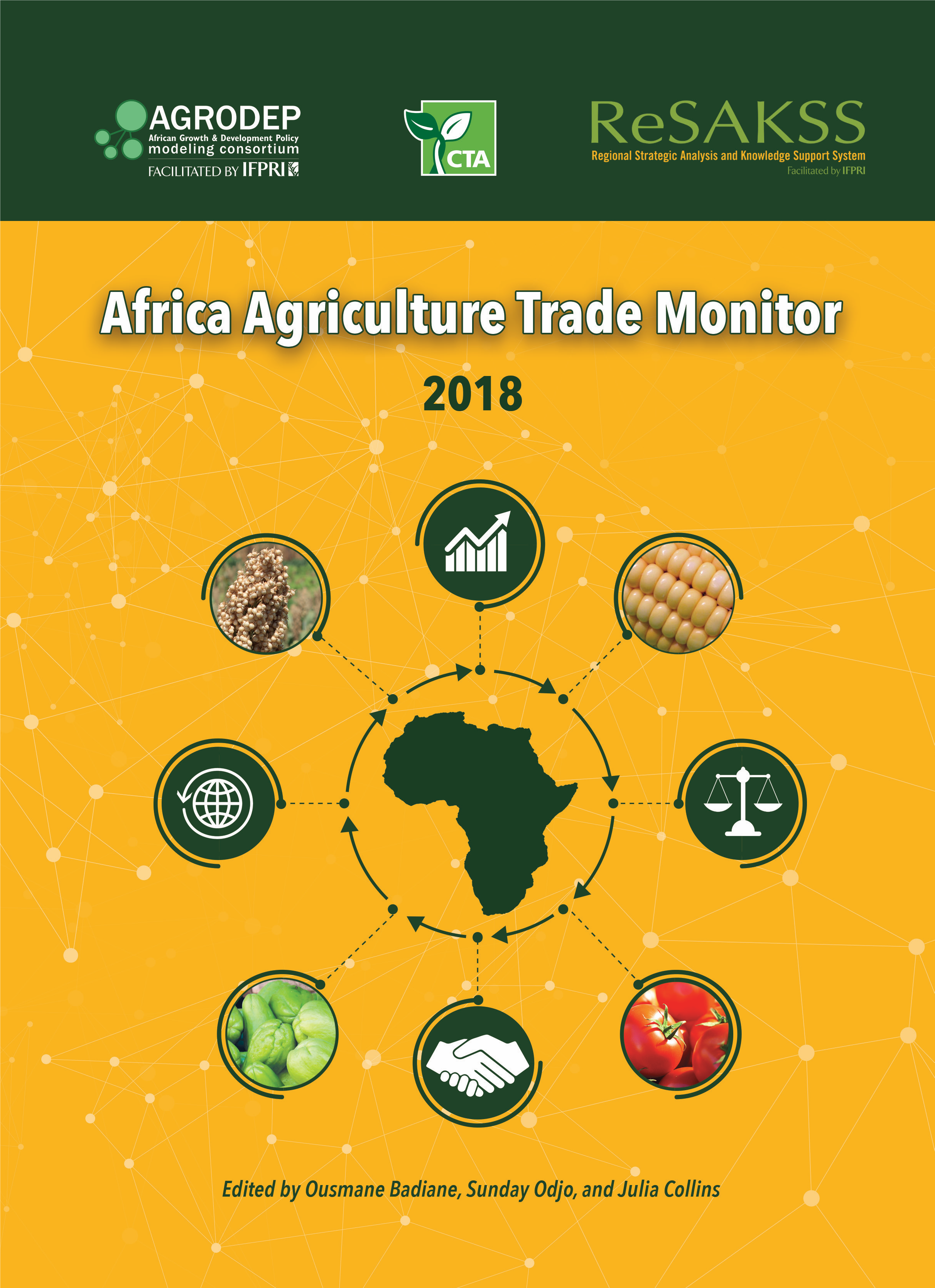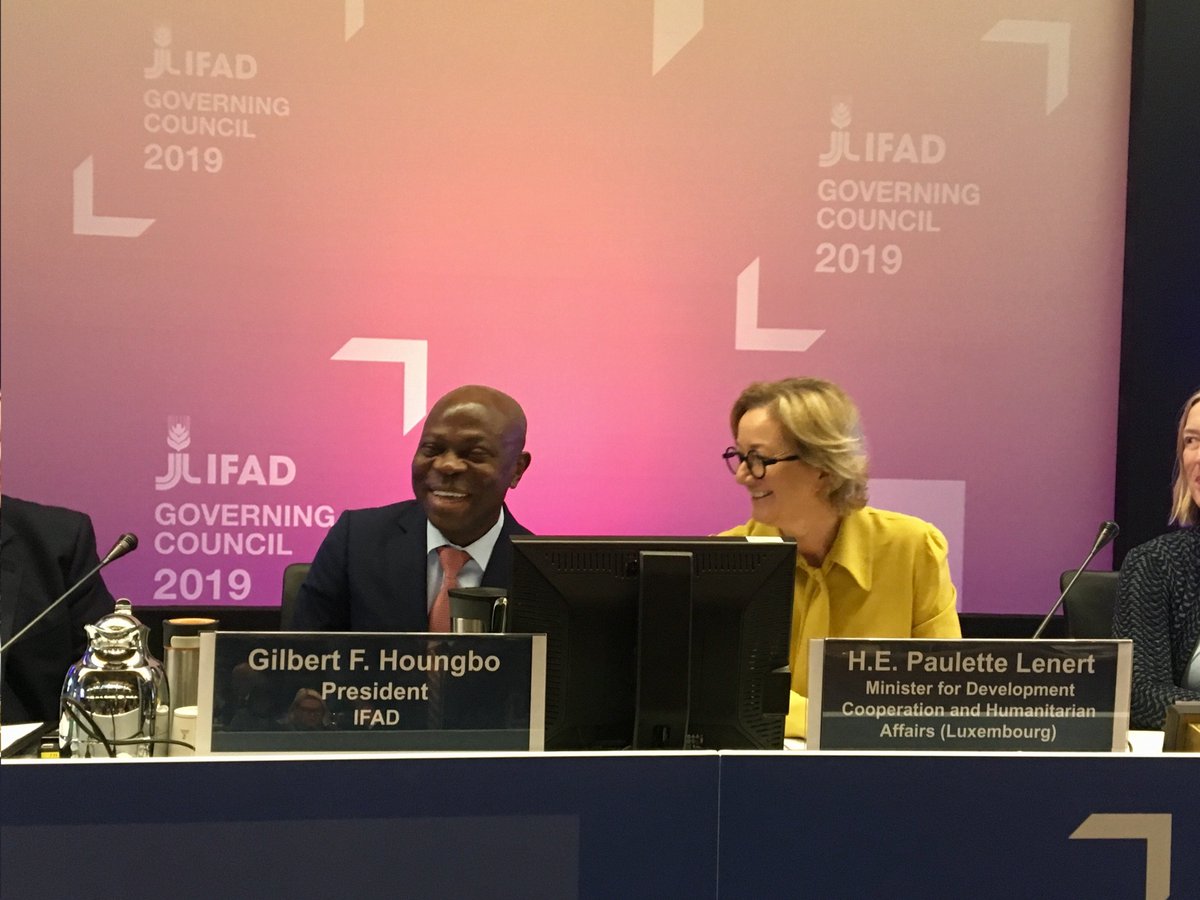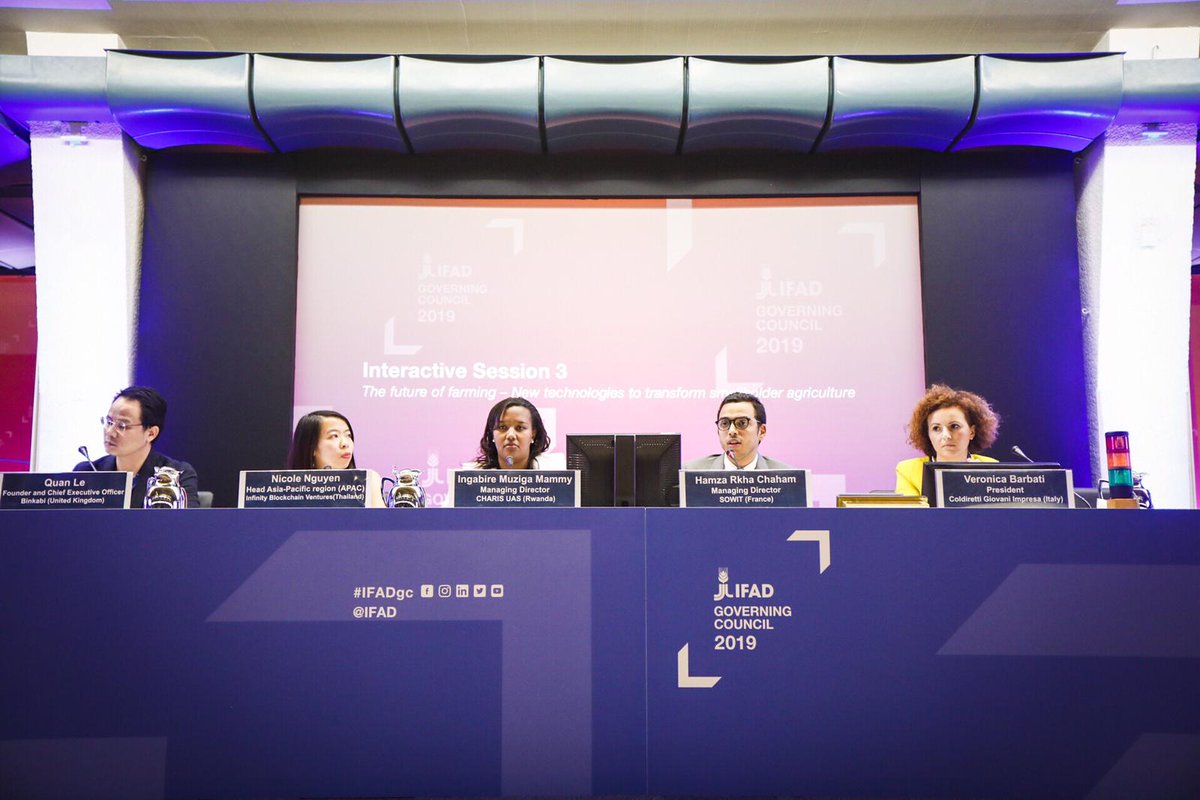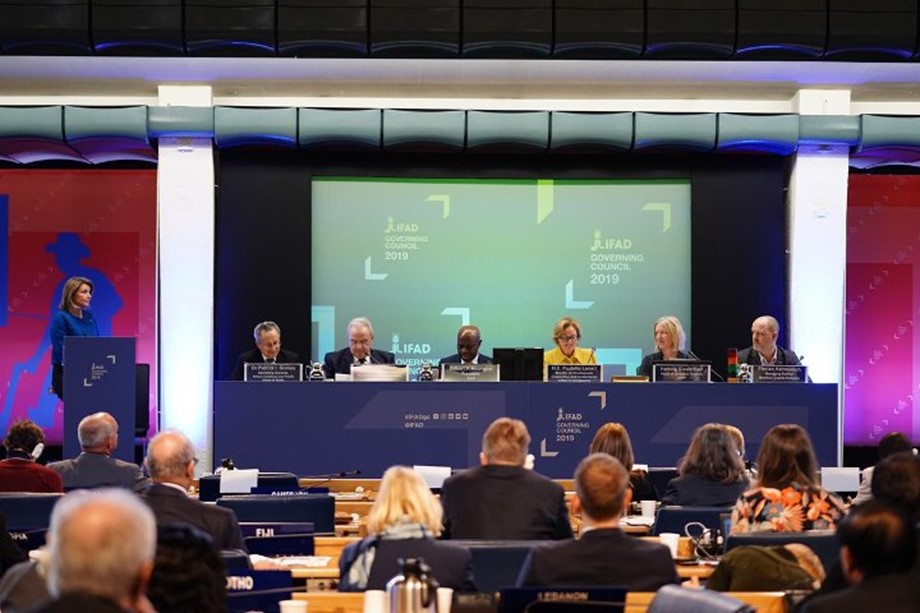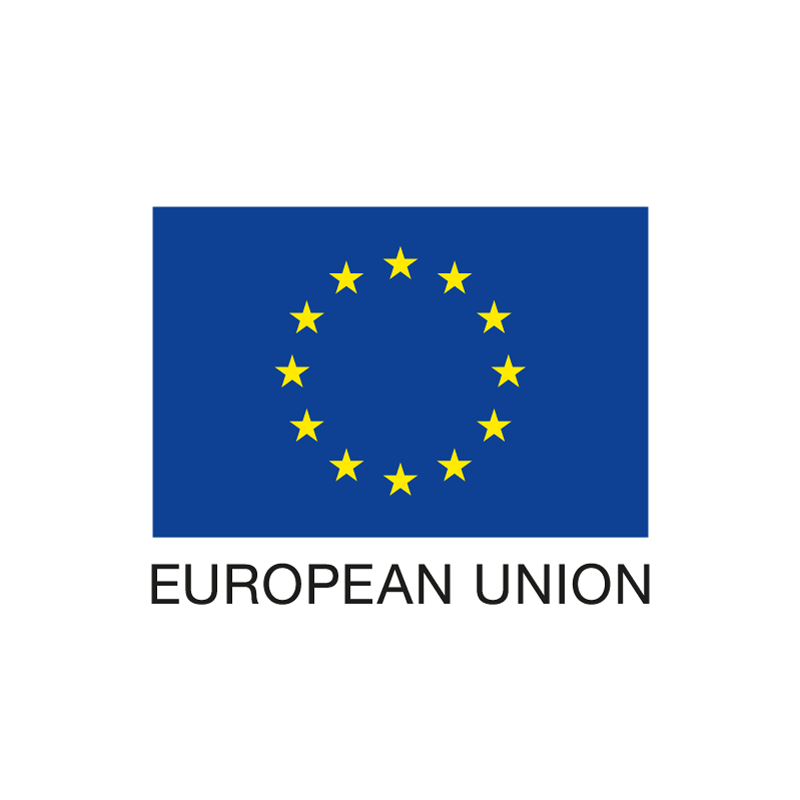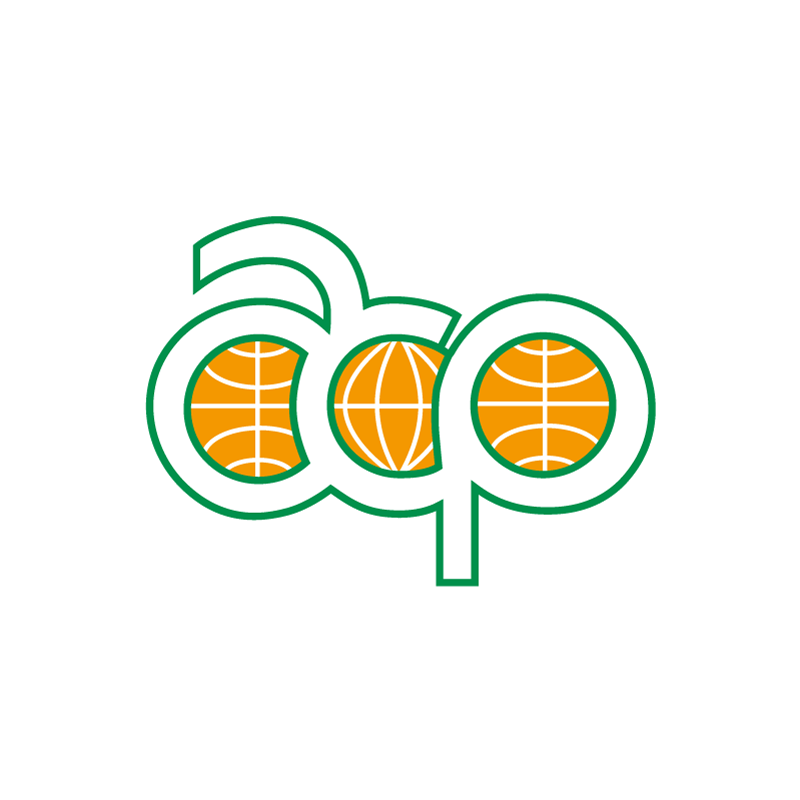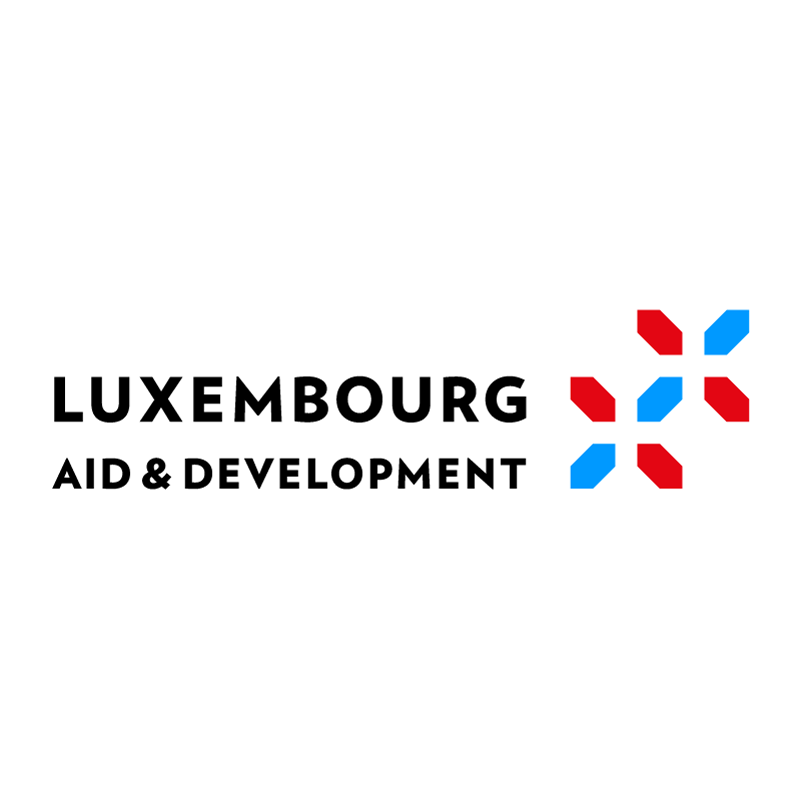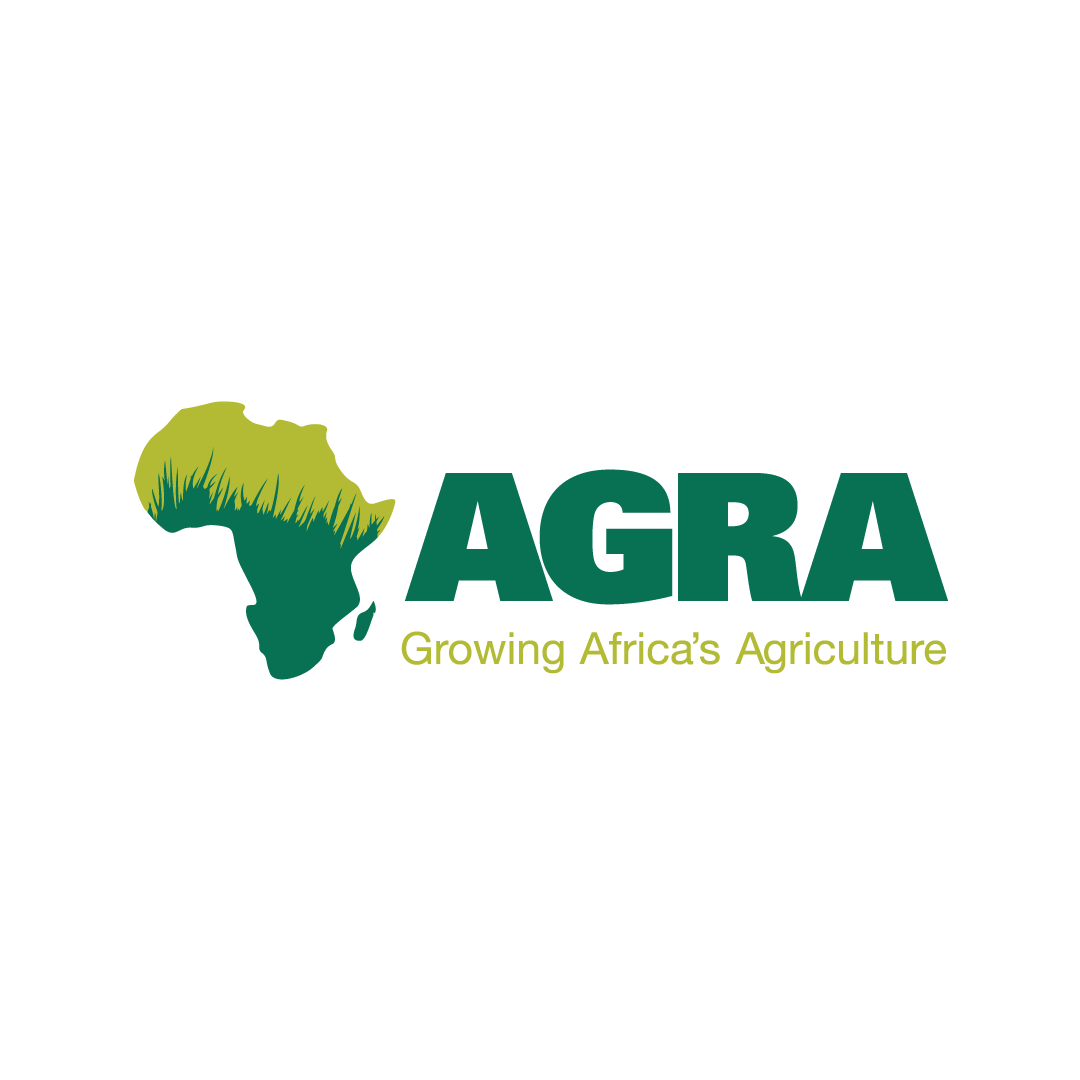Live webcast and post-event viewing available here
Every day, researchers are producing more evidence on the agriculture-nutrition nexus; professionals are stepping out of silos to work across sectors; and people and institutions are improving their capacity to carry out this work. The momentum built during the past decade has created boundless opportunities for redesigning and reimagining agricultural and food systems for the benefit of nutrition.
This event marks the publication of Agriculture for Improved Nutrition: Seizing the Momentum, co-edited by Shenggen Fan, Sivan Yosef, and Rajul Pandya-Lorch. The volume reviews the latest evidence, results from on-the-ground interventions, and recent national policy experiences of bringing agriculture and nutrition closer together. Panelists will discuss big data, the design of agriculture-nutrition programming, the global obesity epidemic, and India’s and Malawi’s successes and challenges in linking agriculture to nutrition.
Welcome and Moderator
Rajul Pandya-Lorch, Director, Communications and Public Affairs Division and Chief of Staff, Director General's Office, IFPRI
Speakers
- Shenggen Fan, Director General, IFPRI
- Mathew Abraham, Assistant Director, Tata-Cornell Institute
- Olivier Ecker, Senior Research Fellow, Development Strategy and Governance Division, IFPRI
- Marie Ruel, Director, Poverty, Health, and Nutrition Division, IFPRI
- Noora-Lisa Aberman, Associate Research Fellow, Ghana Strategy Support Program, IFPRI
- Ruthie Musker, Strategic Projects and Partnerships Lead, Global Open Data for Agriculture and Nutrition



